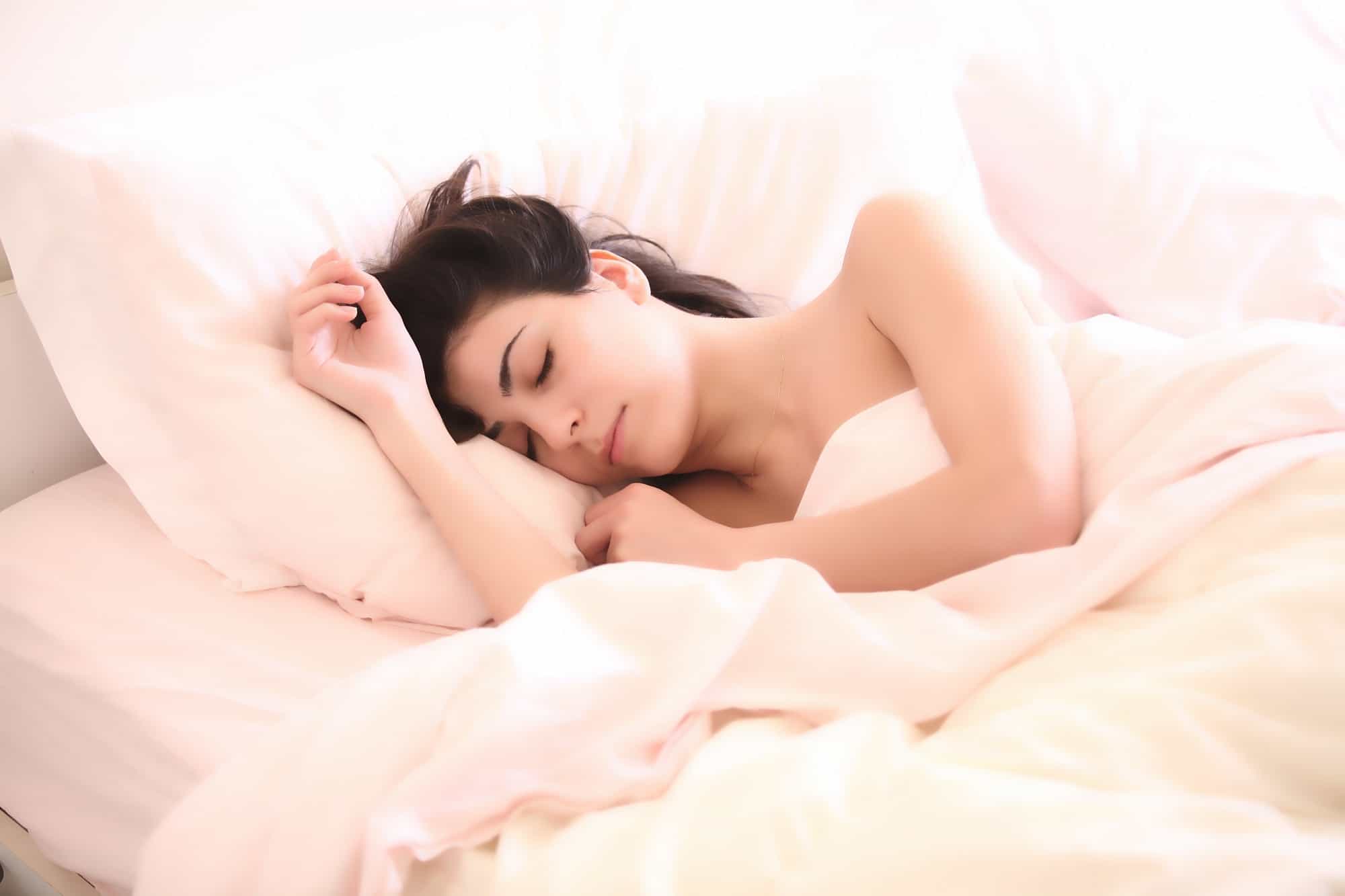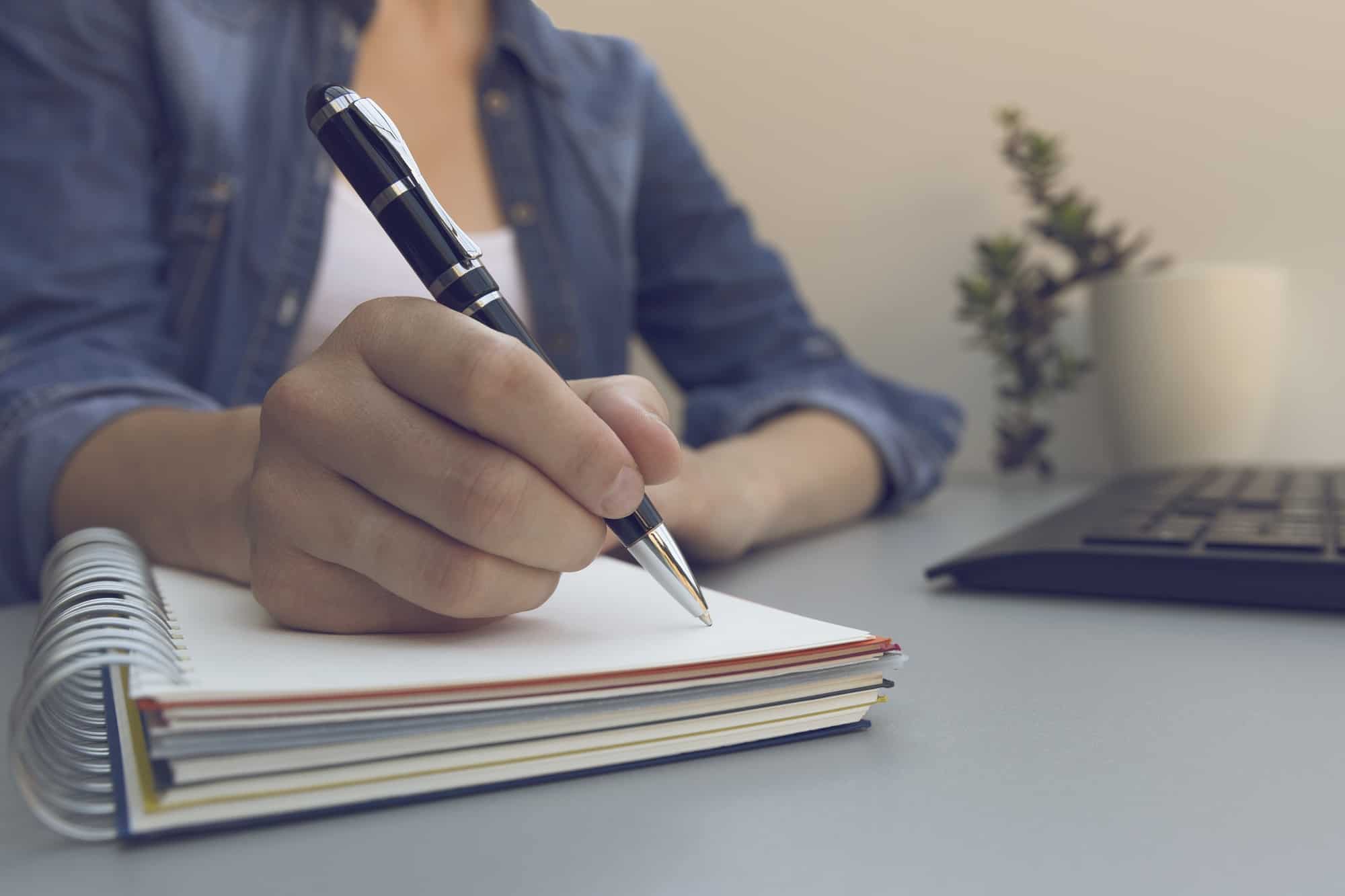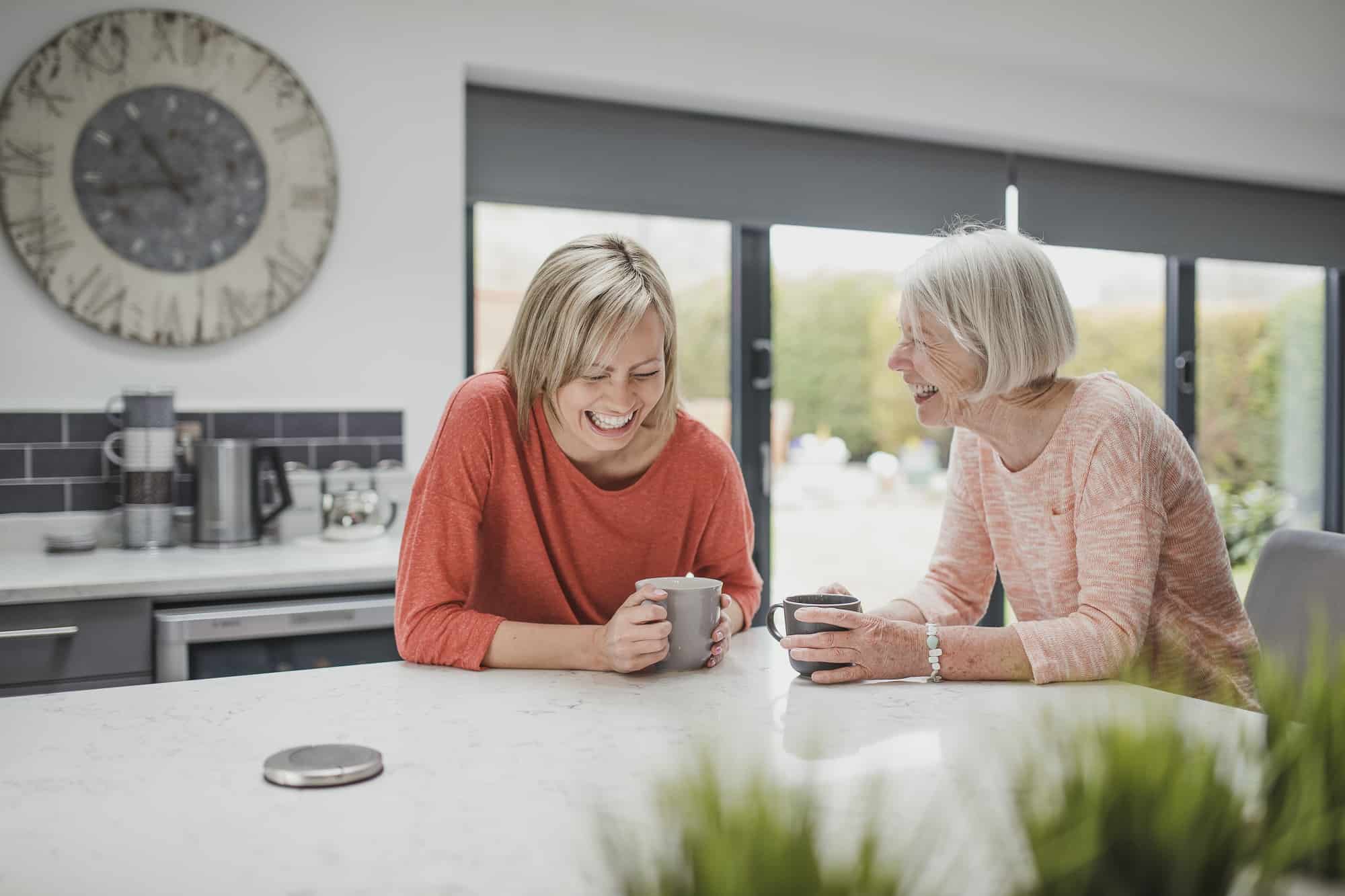I don’t know about you, but with the world in chaos, sometimes sleep alludes me. It’s as if my mind has, well, a mind of it’s own. The days news plays in my head alongside the things I didn’t get checked off my to-do list. And so I find myself laying there thinking. This despite the fact that I have learned that one of the most critical thing I can do to care for myself is to get adequate sleep.
I can already see you rolling your eyes and saying things like “I’ll sleep when I’m dead” and “I have too much to do” and “the only time I have to myself is late at night.” And, I get it. It wasn’t that long ago that I was surviving on four to six hours of sleep a night.
Surviving is a good way to look at it, too. It seemed like second nature to lie to myself and insist that I needed to work longer and harder. With the promise I could play hard “later”. But I never actually played. And any extra hours working resulted in not being productive because I wasn’t really able to focus.
I hate to break it to you kitten, but if you want to feel happier, be more productive, and live a daily life that feels nourishing and supportive, then, darling, you need to commit to getting at a minimum seven hours of sleep a night.
Though my body has been telling me how critical it is to get enough sleep, I also love research confirming that information. See, sleep research is showing us that we need seven to nine hours of sleep a night for our mental and physical health, our bodies do best when we go to bed and wake-up the same time every day, and shorting ourselves of sleep just one night takes two weeks of adequate sleep to recover.
One of the best things you can do for yourself, my dear, is to make adequate sleep a priority. I’m not going to lie to you that it will be easy-peasy. It will seem impossible at first. You may have years of bad habits and beliefs about sleep to adjust. I want to share with you some tips that I’ve learned (am learning) about better sleep hygiene.
Here’s nine things to do that can help you get more sleep.
One – Optimize Your Environment
You’ll snooze better if your room is cool and dark. If your room is too bright, consider a sleep mask. Ensure, too, that your sheets are comfortable. And if you wake up with hot flashes, consider light layers for your bed: sheets, light blankets, and then a comforter rather than just a heavy bedspread. This will allow you to shed what layers you aren’t needing on a particular night.
Two – Set Yourself Up For Success with Math
Everyone differs on the exact amount of sleep he or she needs, but begin with a guideline of 7 hours to start and do some simple arithmetic. If your alarm goes off at 6 AM each day, then you need to be in bed no later than 11 PM. This can be adjusted over time to find your sweet spot of rest.
And when you find a sleep schedule that works for you, stick to it. Going to bed and waking at the same time every day is critical to create new sleeping habits that stick.
Three – Listen To Your Body
Your mind will try to convince you that you are a special snowflake that doesn’t require the same amount of sleep as everyone else. It will tell you that you can live on less sleep. Don’t listen to your mind (it will lie). Instead, tune into your body as you begin to relearn it’s signals. Even if it seems early (logically) and you’re tired, just go to bed already.
Four – Adhere to An Electronic Curfew
Electronics need to be turned off at least an hour before bedtime. I know that email and Facebook and text messages are so very tempting, but they will wait. Managing these things keep your mind churning and engaged instead of winding down.
Five – Be Aware of Blue Lights
Bright and bluish lights, such as natural sunlight, inhibit the creation of melatonin in the brain to signal the beginning of the day. All of our nifty electronics emit blue light, which is similar to the under tones of sunlight, which also inhibits melatonin. Using these devices mess with your body’s ability to create melatonin.
This means, in addition to giving your electronics a curfew, don’t charge your phone in the bedroom. It’s simply too tempting to check your phone if you wake during the night. And if you use your phone as your signal to wake each day, buy yourself a damned alarm clock. Yes, they still sell those.
Six – “Read” Yourself to Sleep
When I used to travel all the time, I used audio books as a way to have company and comfort in my hotel room. It had to be a book I knew – like one of the Harry Potter books, To Kill a Mockingbird, etc. – and let it play in the background. When I am dealing with challenges or overly worrying, I can put an audio book on my iPod, put headphones in my ears, and let it lull me to sleep.
While this seems to break the electronics rule, sometimes you need a little help to fall asleep – and stay asleep.
I thought it was just me, but then others told me they used that trick for insomnia. Because not only can you be read to sleep, but if you wake during the night, your brain will still be processing the book in the background and help you fall back to sleep more quickly.
Seven – Don’t Watch TV in Bed
This was a hard one for me to break, especially right after my divorce. When you regularly use your bedroom for activities other than sleep and sex, your mind (and body) won’t get the signal that being in the bed means it’s time for sleep.
Though I know with so many people at home for work – and school – you may need to be using your bedroom as an office. The trick to better sleep hygiene is to create a small work space in your room rather than working in bed.
Eight – Create a Bedtime Routine and Ritual
It should include some self-care like stretching or a bath, reading a relaxing book or meditation/prayer whatever your thing is. Start it half an hour before bedtime if you can.
My bedtime routine includes spending some extra self-care time by taking off my make-up and applying all my serums and lotions. After brushing my teeth, I grab whatever book I’m reading and settle into a quiet space, usually the chair in my bedroom. Then, I sip a glass of water while I read a chapter or two. (JB likes to sit on the patio for a few minutes before he brushes his teeth and climbs into bed.)
Nine – Keep a Sleep Journal
It doesn’t have to be super detailed, simply make a quick note on your calendar as to how much shut-eye you got and how you feel when you wake up. Writing down how you feel after adequate sleep will begin to reassure your mind that you can forgo some of the things on the to-do list for a few extra winks. It will also help you gauge the right amount of sleep for YOUR body.
There is so much stress with Coronavirus, protests, and the upcoming elections. Now is the time to really care for yourself by getting adequate sleep.
Because you, my darling, deserve to consciously live, not just get by. Getting enough sleep allows you to better roll with the challenges of life, too. So, begin a new way of thriving by giving your body what it truly needs. You deserve to give yourself the gift of self-care. When adequate sleep becomes part of your daily life, and not something reserved for weekends and holidays, you will actually be more productive and creative and feel happier and so much sexier!
Want to learn more tips and tricks for feeling in control of your own life?
Snag a free workbook and get inspiration on all the ways to love your life even more.
>>Click Here to Discover Additional Articles on Strategies to Get Your Life on Track <<









